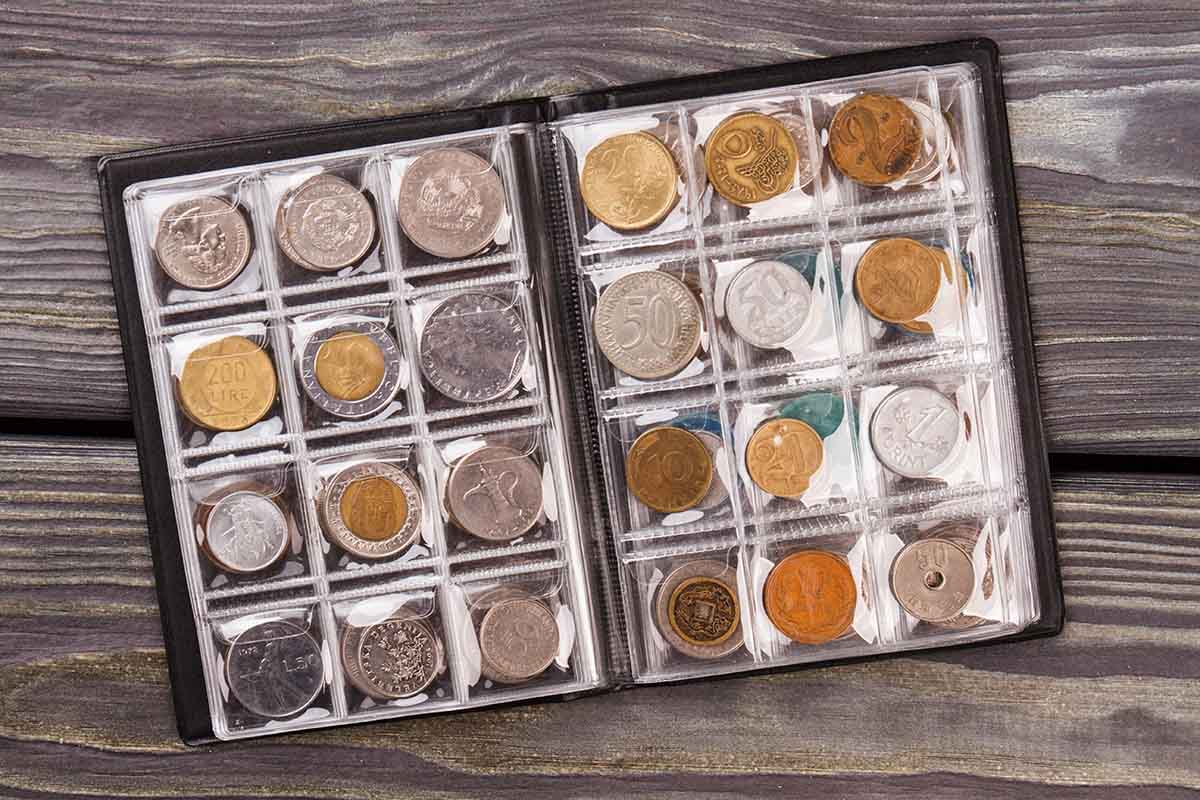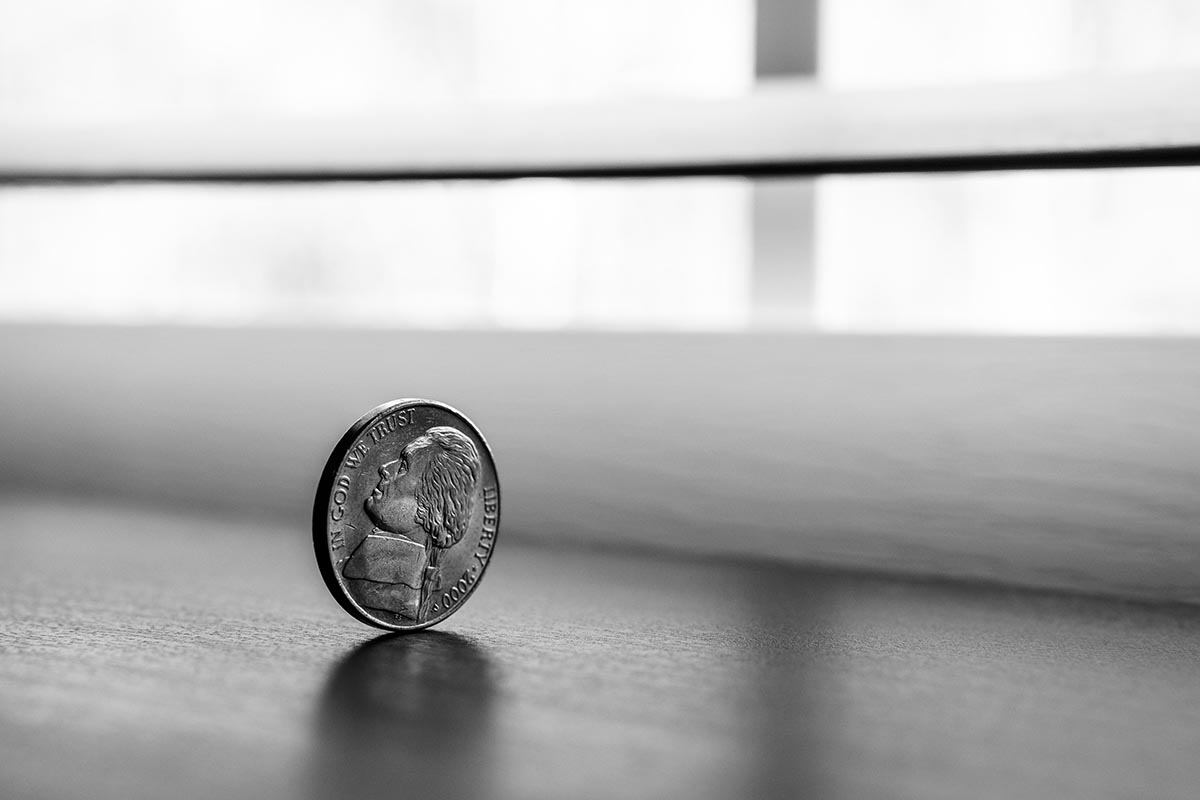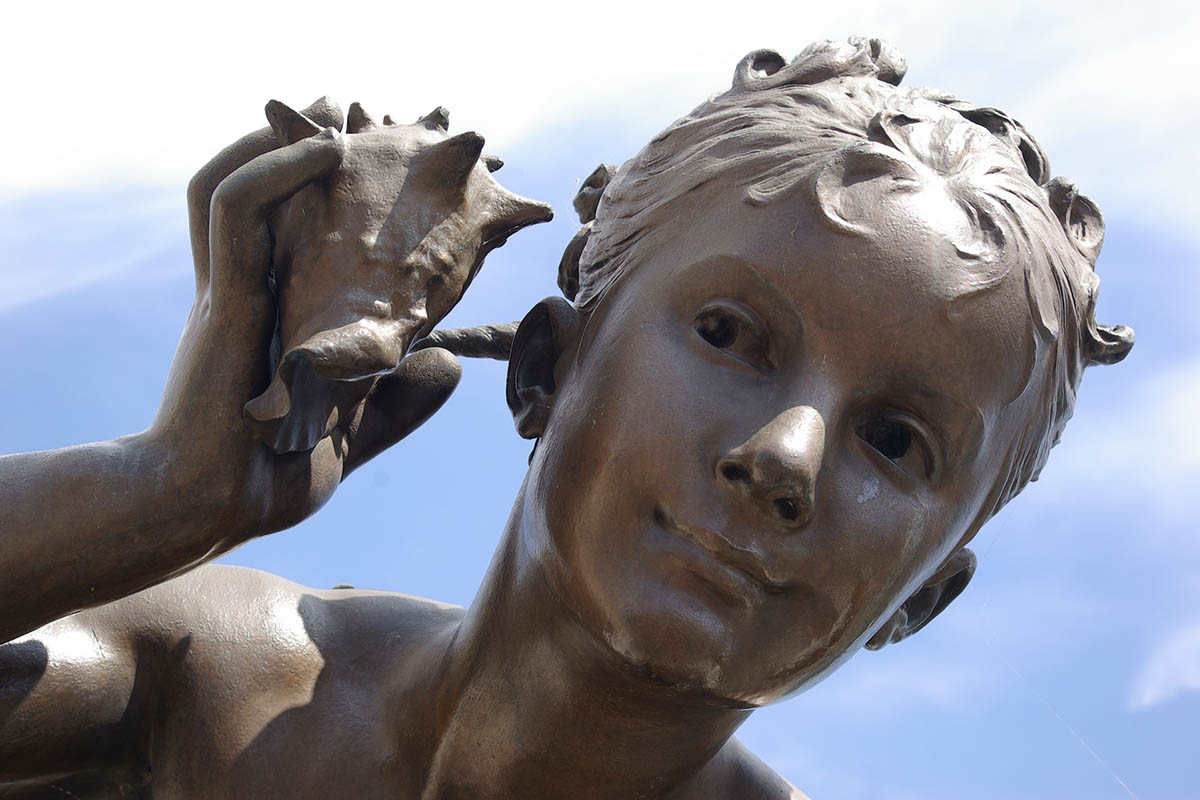Why Start Collecting Coins?
Is it time you started investing in coins? No, not Bitcoin – physical coins. We’re not talking about the everyday spare change in your wallet either. Coin collecting involves collecting rare and valuable coins. This includes historical coins that have long gone out of circulation and freshly minted special edition coins (often made from precious metals or unique marks). Below are a couple of great reasons why it could be worth getting into coin collecting and how you can get started.
Start collecting coins: investing in collectibles is fun
Investing in stocks, forex, cryptocurrency, or real estate isn’t for everyone. Collectibles can be as much of a hobby as they can be a form of investment. Popular collectibles that people invest in include vinyl, art, wine, books, toys, stamps, and coins.
Such collectibles often have communities set up around them. This is certainly the case with coins – there are publications, social media pages, clubs, and conventions set up around coin collecting. Many people try to collect sets of coins or go on hunts to find the rarest coin. This could include scouring antique shops, online sites, and coin fairs. You can even get out your metal detector and go looking for old coins.
And yes, you can make a lot of money
Rare coins can sell for a lot of money. The most expensive coin in the world sold for $10 million dollars at an auction in 2013. Even if you don’t end up owning such a coin, there’s still the possibility of making hundreds or thousands from a single coin.
Coin sets are particularly profitable. This is particularly the case with rare coin sets that are in good condition.
What determines the value of a coin?
Many factors go into determining the value of a coin; however, four of the biggest factors include:
- Rarity: The more unique a coin is, the more valuable it is. If there are millions of the same coin out there, it’s not going to be worth much. However, if there are only a hundred coins of that type – or better still, no other coins like it – could be worth a lot. Be wary of fakes!
- Condition: A rare coin in good condition will be worth more than a rare coin in poor condition. Coin grading is used to determine the condition of a coin. This includes the mint quality and how well it has been preserved since.
- Bullion value: The metals used to produce a coin can have an impact on the value too. For instance, a mostly copper coin will be less than one made entirely of silver or gold.
- Demand: Sometimes, a coin can be rare, in good condition, and made of precious metals – but not incredibly valuable simply because there’s no demand for it. The most expensive coins have some cultural significance that makes them sought after.
How do I get started?
Anyone can get into coin collecting. Like any collectible, it’s worth educating yourself first. Learn about various popular sets of coins and try to collect one of these sets first. From here, you can start to branch out into rarer and more valuable sets.




















